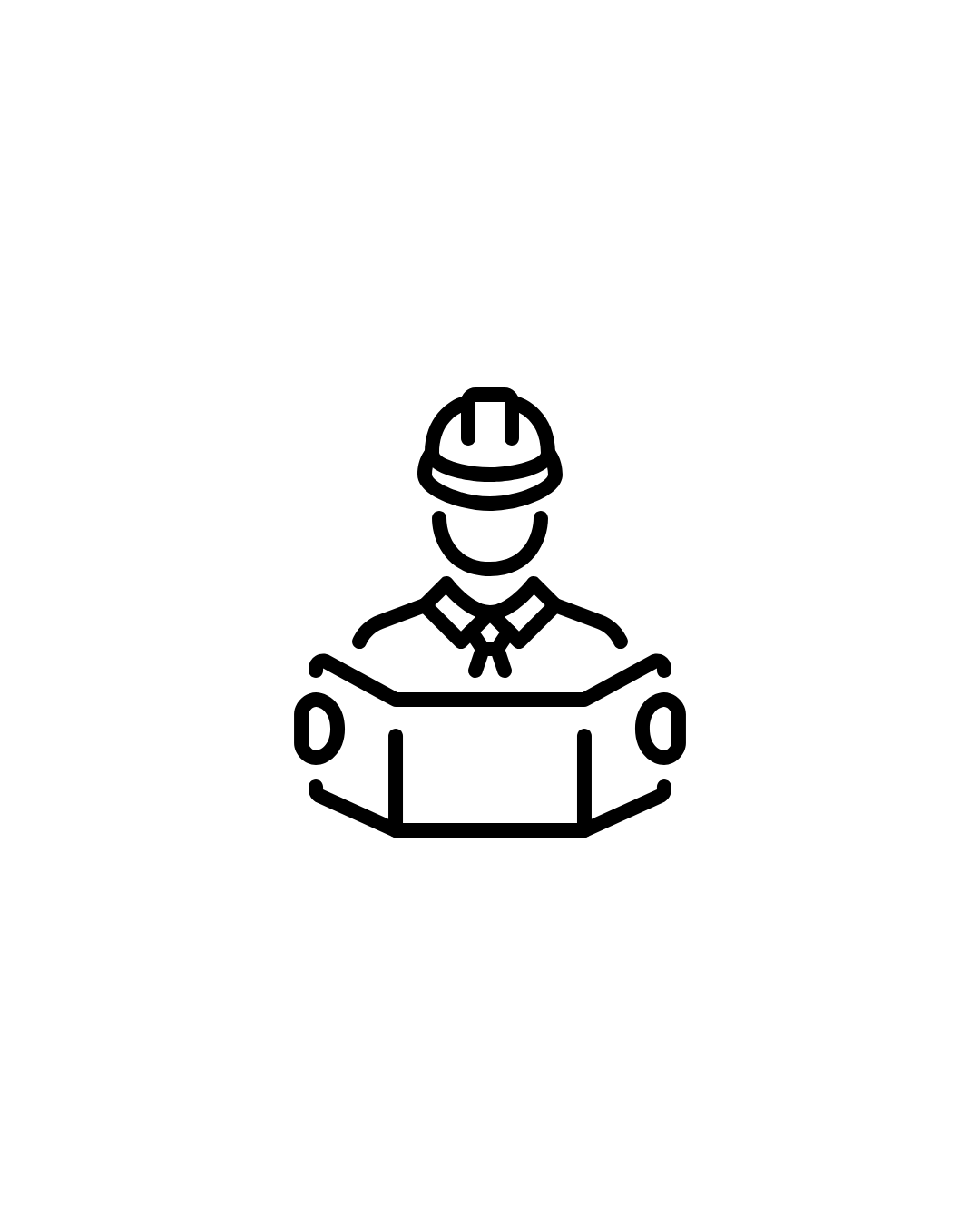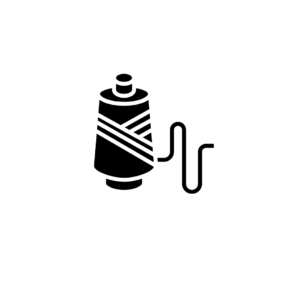Description
A Bachelor of Technology in Chemical Engineering (B.Tech in Chemical Engineering) is an undergraduate program that focuses on the principles of chemistry, biology, physics, and mathematics to design, develop, and optimize processes for the production of chemicals, materials, and energy. This degree equips students with the necessary knowledge and skills to work in various industries, including pharmaceuticals, petrochemicals, food processing, and environmental engineering.
Curriculum Overview
The curriculum for a B.Tech in Chemical Engineering typically combines foundational engineering courses with specialized subjects in chemical processes and technology. Here are some common subjects and areas of study in this program:
Engineering Mathematics:
Essential mathematical tools for engineers, including calculus, linear algebra, and differential equations.
Chemistry:
Principles of chemistry, including physical, organic, and inorganic chemistry, with applications in engineering processes.
Physics for Engineers:
Basics of physics, focusing on mechanics, thermodynamics, and electromagnetism relevant to engineering applications.
Material Science:
Study of materials and their properties, including metals, polymers, and ceramics, with a focus on their applications in engineering.
Fluid Mechanics:
Understanding the behavior of fluids (liquids and gases) and their applications in chemical processes and equipment design.
Thermodynamics:
Principles governing energy interactions, including laws of thermodynamics applied to chemical processes and systems.
Chemical Reaction Engineering:
Study of chemical reaction kinetics, reactor design, and optimization of reaction processes in industrial settings.
Process Control and Instrumentation:
Techniques for controlling and monitoring chemical processes, including automatic control systems and instrumentation.
Separation Processes:
Principles of separating components from mixtures, including distillation, filtration, and membrane processes.
Heat and Mass Transfer:
Concepts of heat transfer (conduction, convection, radiation) and mass transfer in chemical processes.
Chemical Plant Design:
Fundamentals of designing chemical plants, including equipment sizing, layout, safety considerations, and economics.
Environmental Engineering:
Principles related to pollution control, waste management, and sustainable practices in chemical engineering.
Process Safety and Hazard Analysis:
Understanding the importance of safety in chemical processes, including risk assessment and management strategies.
Project Work/Internship:
Practical experience gained through projects or internships, allowing students to apply theoretical knowledge in real-world chemical engineering scenarios.
Career Opportunities
Graduates with a B.Tech in Chemical Engineering have diverse career options across various sectors, including chemical manufacturing, pharmaceuticals, food and beverage, and environmental services. Some potential job roles include:
Chemical Engineer: Designing and optimizing chemical processes for the production of chemicals, fuels, and materials.
Process Engineer: Focusing on the development and improvement of manufacturing processes to enhance efficiency and productivity.
Production Manager: Overseeing production operations in chemical plants, ensuring quality control, safety, and compliance with regulations.
Quality Control Engineer: Implementing quality assurance measures and ensuring products meet industry standards and specifications.
Environmental Engineer: Working on projects related to pollution control, waste management, and sustainable practices in industrial settings.
Safety Engineer: Developing and implementing safety protocols to minimize risks and ensure safe operations in chemical manufacturing.
Research and Development Engineer: Engaging in creating new products and processes or improving existing ones through scientific inquiry and experimentation.
Process Development Engineer: Focusing on scaling up laboratory processes to commercial production, including process design and optimization.
Consultant: Providing expertise to organizations on chemical processes, safety protocols, and regulatory compliance.
Sales Engineer: Working with clients to understand their needs and recommending chemical products, equipment, or processes.
Further Education
Graduates may choose to pursue a Master?s degree in Chemical Engineering or related disciplines (e.g., Environmental Engineering, Biotechnology) for further specialization. Certifications in specific areas (such as safety training, process improvement methodologies, or regulatory compliance) can also enhance job prospects.
If you have any further questions about the curriculum, potential career paths, or other aspects of a Bachelor of Technology in Chemical Engineering, feel free to ask!









